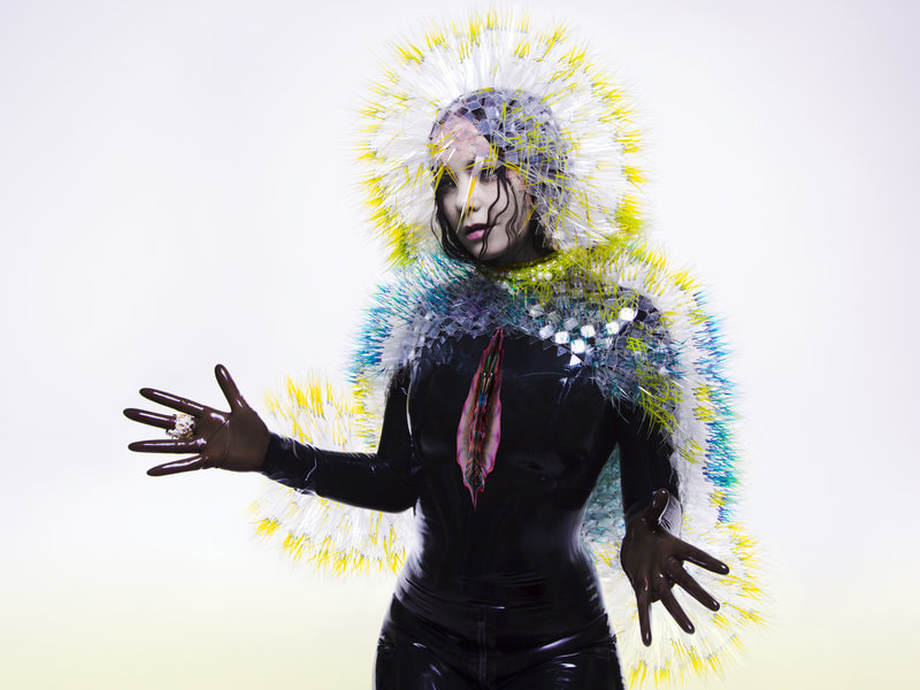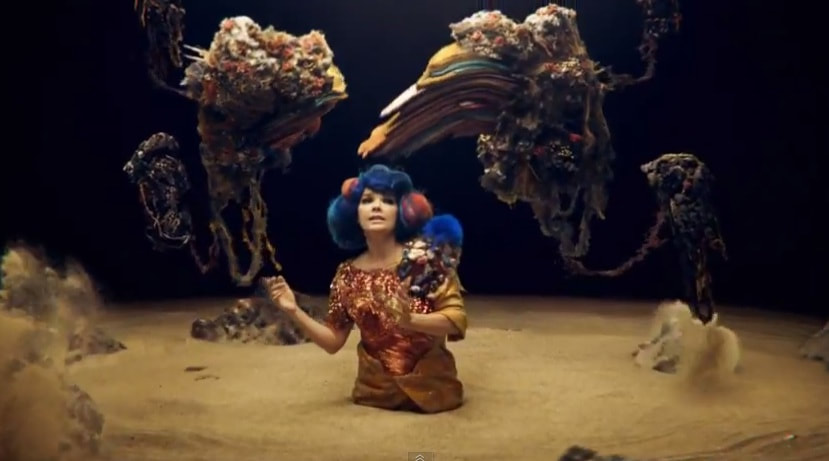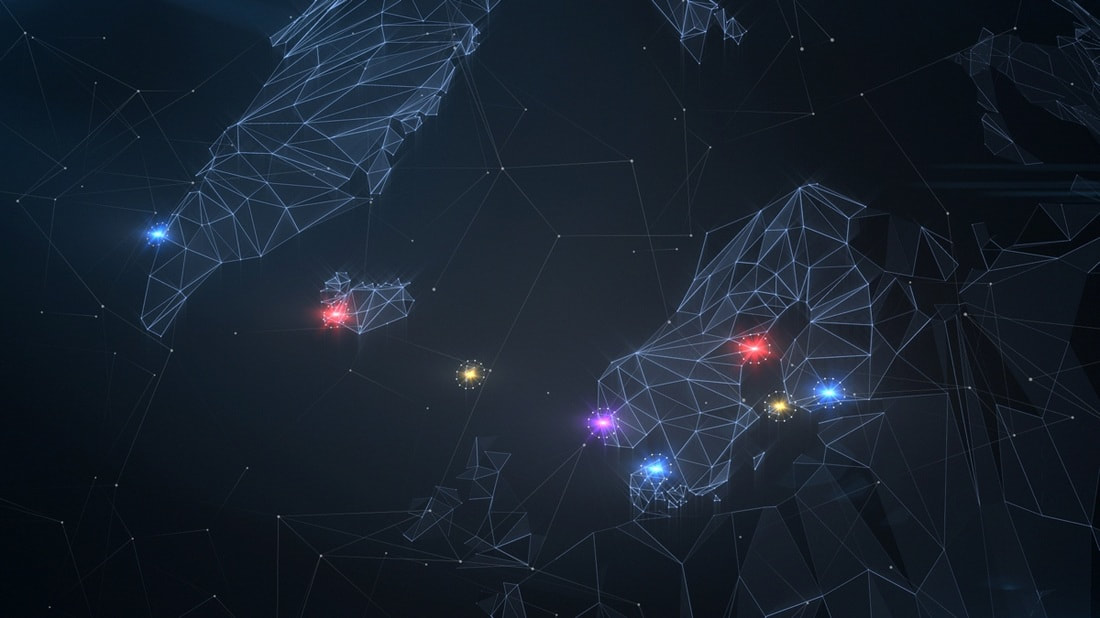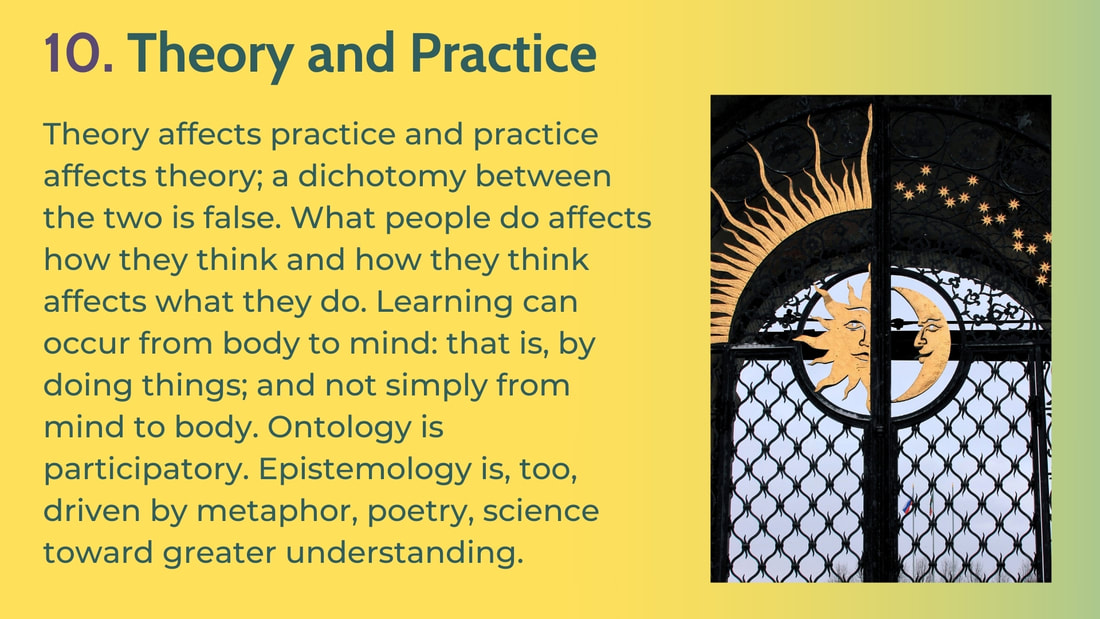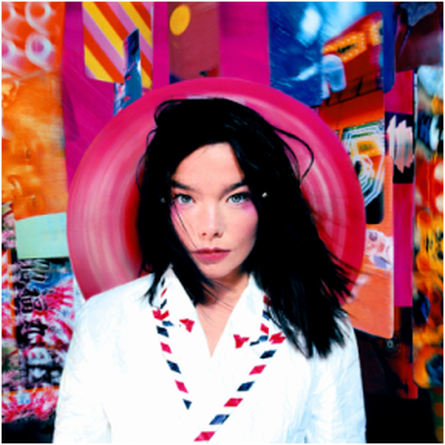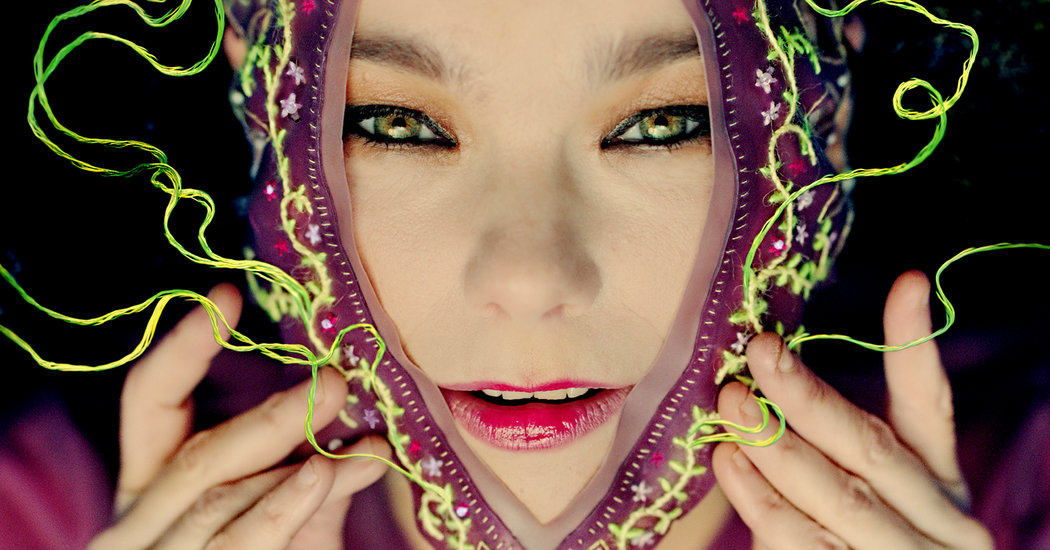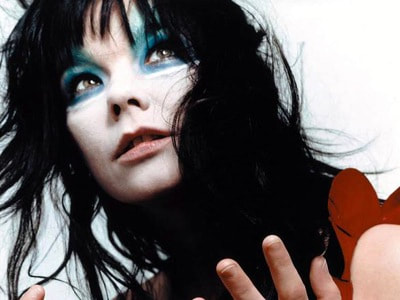The Romanticism of Björk
Biophilia, Paganism, and Panentheism
Biophilia
|
“Welcome to Biophilia: A love for nature in all her manifestations. From the tiniest organism, to the greatest red giant floating in the farthest realm of the universe. With Biophilia comes a restless curiosity, an urge to investigate and discover the illusive places where we meet nature. Where she plays on our senses with colours and forms; perfumes and smells.” |
An Icelandic Pagan? |
Why Paganism?
|
|
|
We can be open to the wisdom of the quaking aspen.Pando Populus is a platform for people who care about big ideas and the Earth. Our aim is to create an ecological civilization. We’ve taken our name from the largest and oldest organism on the planet — a giant quaking aspen tree, spread over more than a hundred acres, thousands of years old, connected by a single root system.Various movements and organizations focus on one aspect or another of ecological concern. We endorse and celebrate their work. We can be loyal to the earth.Today’s American Pagans can articulate many other ways their faith has contributed to contemporary society, such as environmental consciousness. Stewardship in Paganism does not rest on the claim of human dominion over the Earth, but on respect for all life as part of an interdependent web of relationships. Devotion to the Earth and to the land on which they live motivates many Pagans, and for them, its pollution is akin to the desecration of a sanctuary. Some Pagans enact human interconnectedness with the land through the cycle of the seasons and the ritual calendar; others seek to form relationships with the other-than-human beings that live around them by growing their own food, learning about the plants and animals of their bioregions, or simply spending time outdoors. Not surprisingly, many are avid environmentalists, actively working on programs to halt the degradation of the environment. We can take delight in diversity.Contemporary Pagans are committed to diversity and to an understanding that all people—indeed every living thing—should be treated with reverence. Although Pagan communities, like other religious groups in America, sometimes struggle to fully address the needs of practitioners who are sexual minorities, differently abled, economically underprivileged, or members of other historically oppressed groups, conversations about all these topics are actively occurring in the Pagan movement. We can think holistically.A second contribution Pagans make to the world today is a holistic view. Just as the tides ebb and flow and summer is no more sacred than winter, so it is with life, which includes both growth and decay. Light and darkness are both part of the cycle of the moon and the cycle of nature, each needing the other for completion. Some Pagans would affirm that honoring life and death, age and youth, dark and light undermines the deep divisions, the alienation, and the racism of modern society. We can open ourselves to rituals.This tolerance for diversity is grounded in ethics. For some Pagans, ethics are based on the cultivation of personal virtues, shaped by a religious community that holds individuals morally accountable. Values such as community harmony, honor, courage, compassion, fairness, and strength are developed through ritual and group practices that emphasize relationship and personal responsibility. We can be panentheistic.If it makes sense to us, we can believe that the universe unfolds inside a Life with consciousness of her own, and we can feel connected to that Life as a healing and nourishing source. We can say, with Whitehead and process theologians, that everything is happening inside this Life even as She is more than everything that is happening. We can trust that the Life is a force at work in the world, leading us into new life and beckoning us to by loyal to life itself; and as that inside us and everything else that helps bring new life out of death. It's called panentheism: everything is inside God even as God is more than everything. We can be feminists.In the end, Vulnicura plays out its tragedy and pushes beyond its boundaries. "Quicksand" spins beyond the album's frame on a drum and bass beat and the staccato push of a wordless female voice. "Our mother's philosophy, it feels like quicksand," Bjork snappily intones. She reflects upon the isolation of the abandoned woman and opts for something different for herself and her daughter: she turns the solitary "she is broken" of femininity's history into a loving "we," an invocation of the animist universalism she's espoused in songs ranging from "Isobel" to "Pagan Poetry" to the entire Biophilia project. "When we're broken we are whole," she sings, at home in the swirl. She calls for hope, not just for herself, but also for "my continuity, and my daughter's, and her daughter's, and her daughter's." The track abruptly cuts off, suggesting that this reclamation of the feminine heart is unfinished business. But that hope resonates. This sad story extends beyond itself, opening into something new. |
We can renew ancient practicesSometimes the most radical thinking leads to the effort to renew ancient practices long discarded. We can reclaim the wisdom of biophilia.There have been anthropocentric tendencies in most civilizations. But none has been as systematic in this regard as that of the modern West. The dualism of Descartes juxtaposes the human mind to everything else – even the human body. Animals are part of the world that is turned over to science for objective study. They are not supposed to have any subjectivity. Although Westerners, for the most part, do not really believe that animals have no subjectivity, our treatment of animals today, as we raise them for food, reflects this dominant theoretical position. Even those who call for avoiding the extinction of animal species typically provide only anthropocentric arguments. We can be honest to suffering.The metaphor opens up like a river to the sea of all humanity, everywhere. We may not be besieged by war, but nevertheless we are besieged. We, like the trees, are products of nature. So, too, we are often ravaged by nature's force, by death and loss and illness. Here is the world: the sudden death of a loved one—one day the world is sunny, the next, all is lost. If we live long enough and deep enough, at some point in life, we will experience a quaking and breaking of everything we considered solid and sure. Simply growing up means the quaking and breaking from one stage of development to another, until we reach maturity. Growing old, with its gradual losses, feels like one felled tree after another. And in the middle, between youth and old age, the quaking and breaking continues. We can be a little melodramatic.Vulnicura brashly reveals the most intimate and sometimes embarrassing expressions of pain a lover makes when abandoned. But in its elegant, slow unfolding, it also creates a space to observe those outbursts and recoveries. This album is an inquiry into melodrama, and if its songs demand that the listener get uncomfortably close to the viscera of that romantic experience, they do so the better to expose how humans move through pain and finally justify leaving it behind. We can be ourselves.Finally, most Pagans are pluralistic and individualistic, believing that there are many valid religious paths, and that personal religious experience is the most important source of spiritual knowledge. |
